Piglet prices rise
Mr. Le Van Dung's pig farm in Vinh Cuu district, Dong Nai has a capacity of 3,000 pigs. To prepare the supply of pigs for the upcoming Lunar New Year, 2 weeks ago he bought 800 piglets (weaned pigs) to raise. At this time, he wants to buy 800 more piglets but cannot, because the limited supply makes it difficult to buy in large quantities.
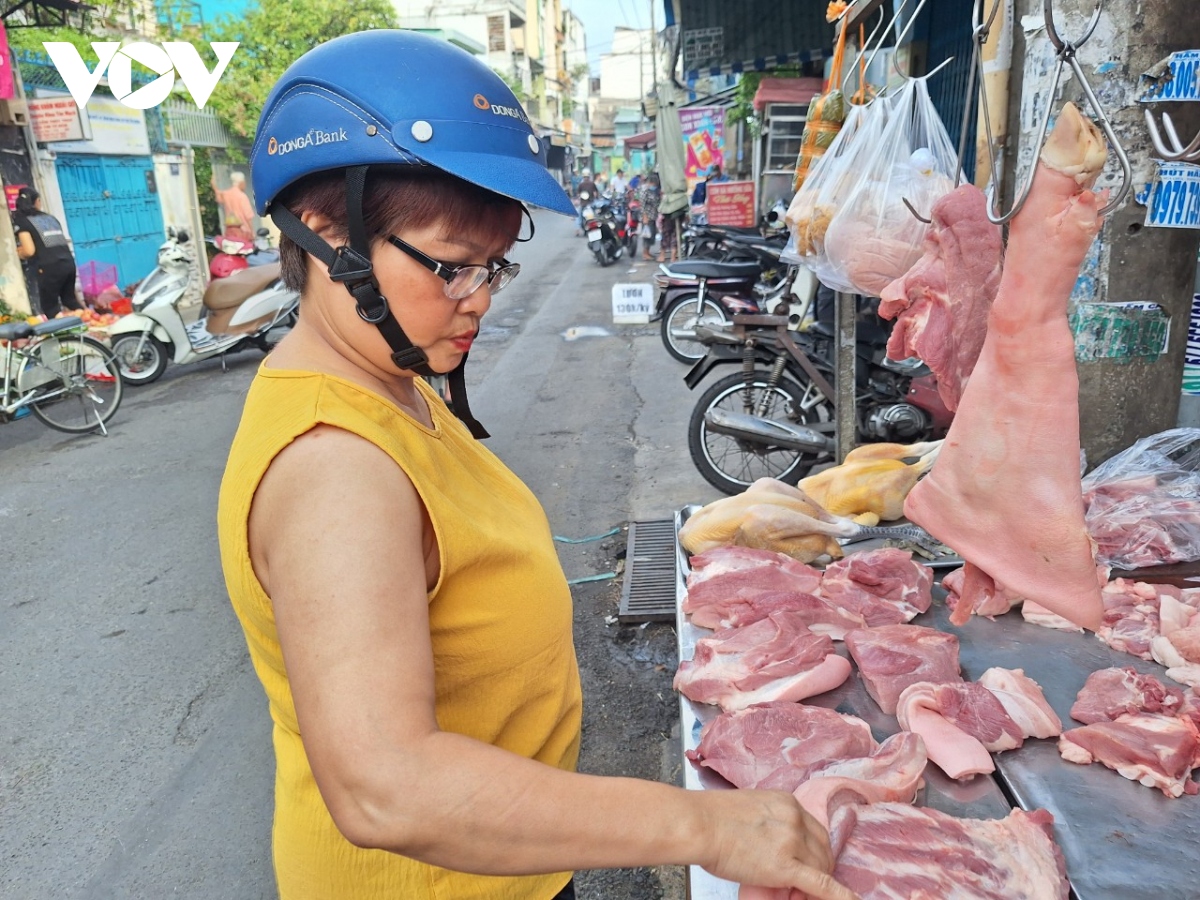
Recently, Mr. Dung ordered 500 more piglets from Japfa Comfeed Vietnam Company, however, the company did not have enough quantity to deliver immediately and scheduled it for about 2 months. Mr. Dung is worried that it will not be in time for Tet, because not only this company but also many other companies, including large pig breeding farms, do not have enough piglets to deliver at this time.
Due to the shortage of supply, the price of piglets has increased, currently more than 2 million VND/piglet (about 10 kg), while 2-3 months ago, the price was only 1.5-1.6 million VND/pig. A few weeks ago, the price of piglets was 1.7-1.8 million VND/pig.
Currently, there are smuggled piglets on the market for sale at cheaper prices, but Mr. Dung does not dare to buy them: "I do not dare to buy smuggled pigs from other places because I do not know their origin. Since farms from one area to another are not monitored, the risk of African swine fever infection is normal, let alone pigs smuggled from Thailand have to go through many transit points, so the risk of disease is very high."
Smuggling of piglets
According to many farmers, the current supply of piglets is decreasing because recently, African swine fever has damaged the breeding herd, and pig farming profits are unstable, so some people have reduced the size of their herds. Along with that, recently, the authorities have tightened regulations on the environment and livestock planning, so many farms have had to be relocated and have not yet stabilized.

Due to the shortage of piglets to meet the demand for pig farming during Tet, there has been a situation of smuggling piglets from Thailand for sale. The price of piglets from Thailand is cheaper than the price of piglets from Vietnam, about 1.5 million VND/pig (10 kg). Traders smuggle piglets to sell at a price about 200,000 VND/pig lower than the domestic price. Therefore, some people also risk buying these smuggled piglets to raise for pigs during Tet. While these are smuggled pigs, their origin is unknown, they are not quarantined by veterinary authorities, and there is an epidemic in this country, so the risk of disease transmission is very high.
Faced with this situation, Mr. Nguyen Kim Doan, Vice President of the Dong Nai Province Livestock Association, said that in order to prevent the spread of the disease to the domestic pig farming industry, authorities should strengthen inspection and control: "It is necessary to continue to control smuggled pigs at the border to help the domestic livestock industry stabilize in terms of epidemiology. Because in the countries around us, the disease is very severe, in some cases they "sell well". If the situation at the border is not controlled, the domestic livestock industry will have more difficulties."
To strengthen disease prevention and control in pig herds, especially African swine fever, the Department of Animal Husbandry and Veterinary Medicine of Dong Nai province is implementing disinfection campaigns in high-risk markets and old epidemic areas. At the same time, the Department is stepping up control of buying, selling, and transporting, especially piglets for raising pigs for meat during Tet.
Mr. Nguyen Truong Giang - Head of the Department of Animal Husbandry and Veterinary Medicine of Dong Nai province said: "It is recommended that farmers ensure biosafety, implement disinfection and sterilization measures to prevent pathogens from spreading to their farms; buy breeding animals with clear origins. The veterinary sector also strengthens control and quarantine work. For pigs and pork products imported from other localities, they must have a certificate of exit from the province, be quarantined and the pigs must come from farms that are disease-free."
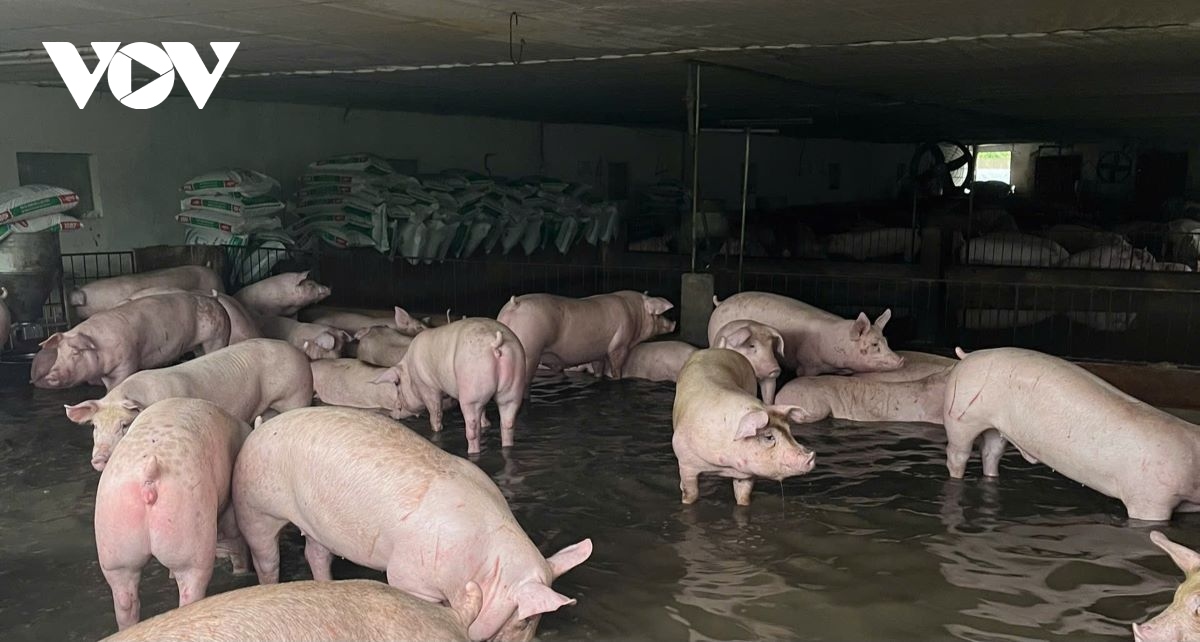
To develop sustainable livestock farming, it is necessary to ensure disease safety, which requires not only the efforts of the authorities but also the efforts of the farmers. If farm owners, for short-term benefits, do not strictly follow disease prevention rules and use piglets of unknown origin, the risk of disease is very unpredictable, especially African swine fever. This not only causes damage to the farm but also greatly affects the livestock industry nationally.
Source: https://vov.vn/lanh-te/nguy-co-lay-lan-dich-benh-tu-viec-nuoi-heo-nhap-lau-post1122988.vov


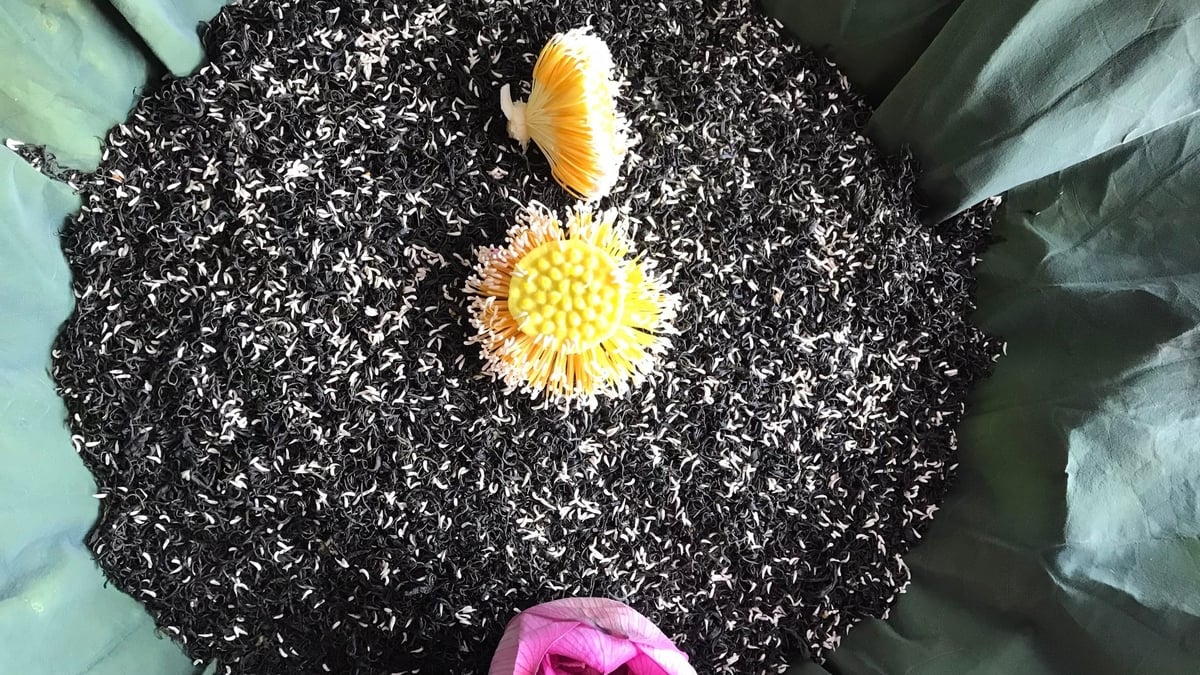











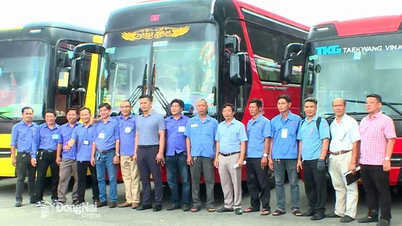


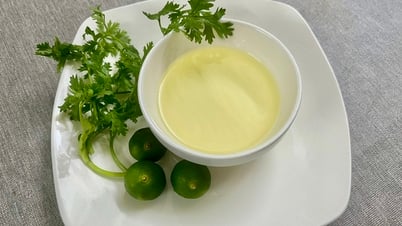

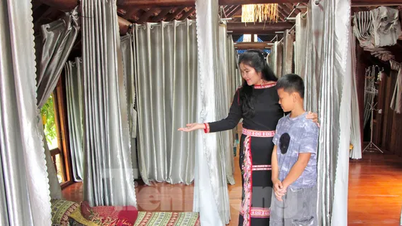


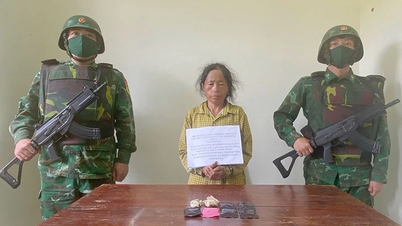

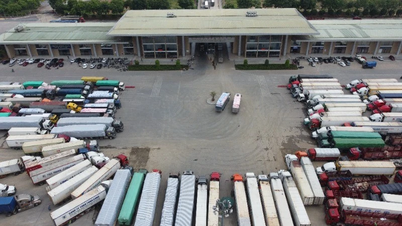







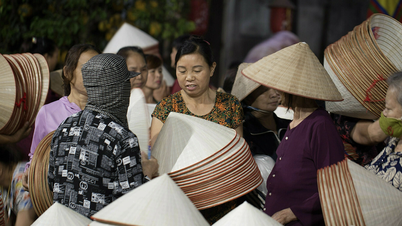



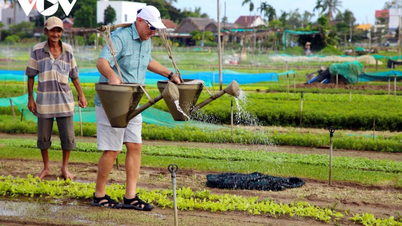












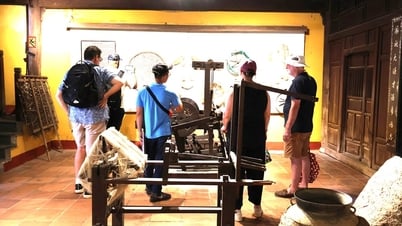






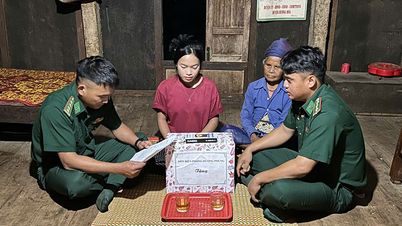













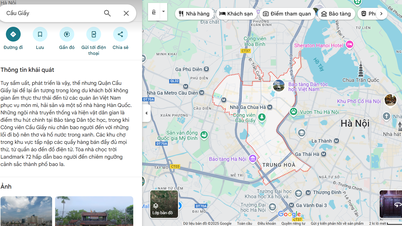


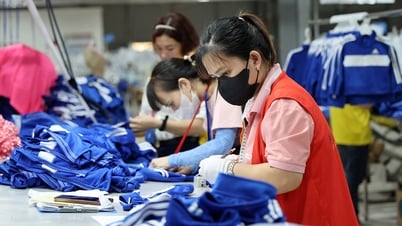



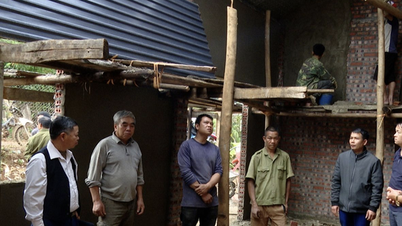



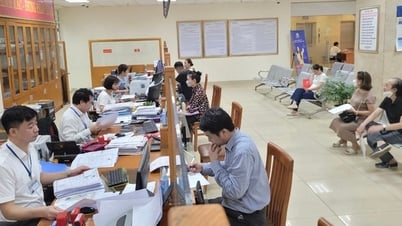


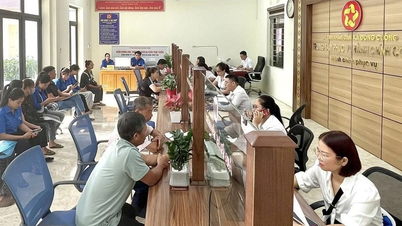

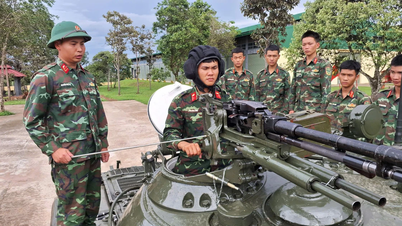
















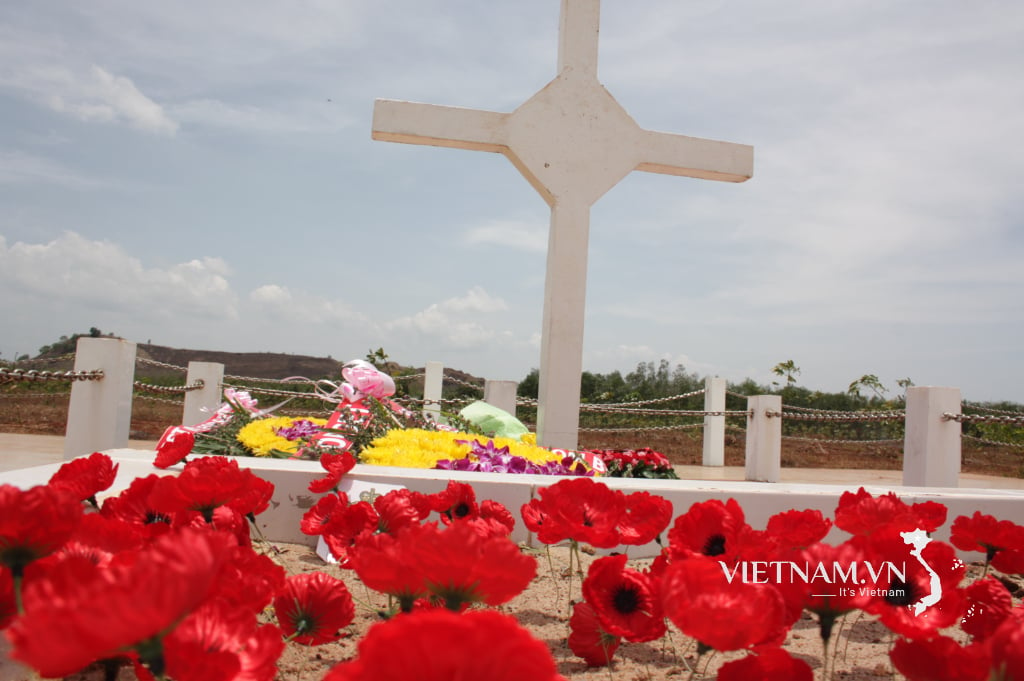


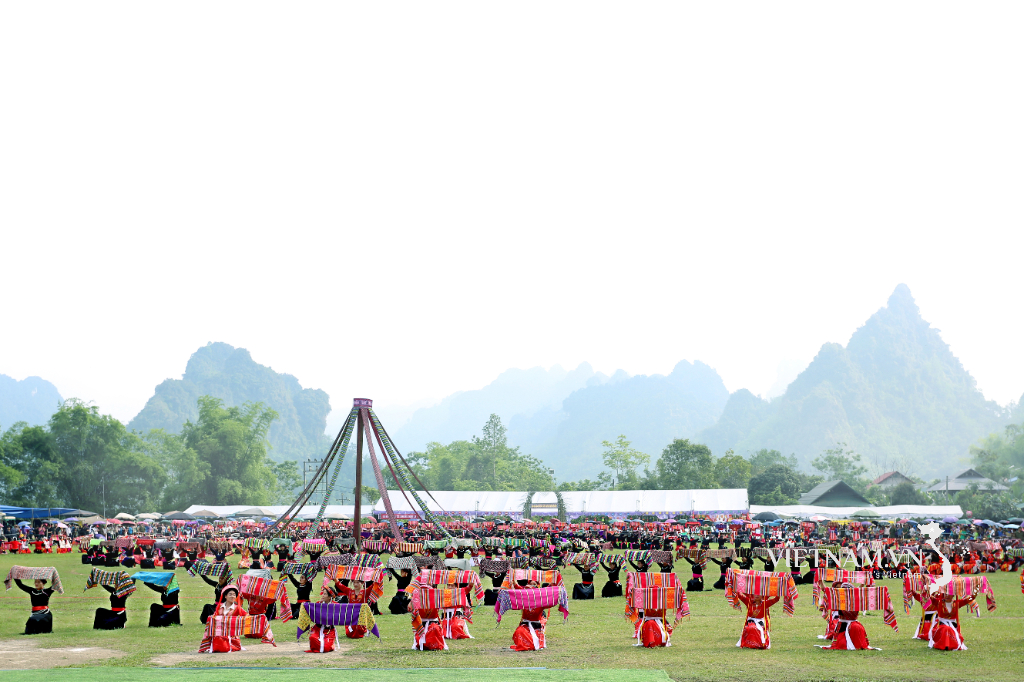
Comment (0)